A community in Lytton First Nation is now enjoying safe drinking water thanks to a small-scale water treatment solution that’s made the process affordable.
Lytton First Nation is made up of 56 reserves located on both sides of the Fraser River about 160 kilometres north of Chilliwack along the Trans-Canada Highway.
While the area is rich in water resources, the Nickeyeah reserve continued to experience boil water advisories.
A new water treatment system for the community was developed in the labs of Madjid Mohseni, a professor in the department of Chemical and Biological Engineering at the University of British Columbia (UBC). He’s also the scientific director of RES’EAU-WaterNET, a program aimed at the clean water needs of small, rural and First Nation communities.
He notes that many communities are so small that ratepayers can’t afford to fund water treatment projects without outside support. At one point, this community of about 100 people was quoted an unaffordable $1.3 million for a new water treatment system.
The project was initiated in 2013 with the support of Aboriginal Affairs and Northern Development Canada — now Indigenous and Northern Affairs Canada.
"It involved piloting work to evaluate different options for treatment technology," says Mohseni.
"We looked at technical solutions, and such important considerations as source water quality and seasonal variability in water quality. But we also looked at what sorts of solutions suited the community and fitted their capacity, level of training and their social and cultural values. That involved significant engagement with the community who would be the end users."
The organization’s state-of-the-art mobile water treatment micro-plant is a pilot project used to evaluate treatment technologies.
It’s a converted cargo trailer containing enough equipment to test multiple approaches, including bag, cartridge and self-cleaning filters, ion exchange, activated carbon and ultraviolet (UV) systems. It was jointly developed by UBC, the Peter Wall Institute for Advanced Studies, Trojan Technologies, BI Pure Water and IC-IMPACTS, an organization funded by the governments of Canada and India.
The micro-plant remained onsite for three months while the one-kilometre gravity-fed water intake line from Nickeyeah Creek was upgraded. Local stakeholders, including now-retired Lytton First Nation water operator Jim Brown, were consulted about the system on an ongoing basis.
"The final design involved some simple filtration to remove particulate matter — dirt and sand — to reduce turbidity," says Mohseni.
"Then we incorporated ultraviolet disinfection to inactivate potential pathogens. Finally, there’s a mechanism to add a small amount of chlorine as the water is distributed to people’s homes. We wanted it to be as simple and as robust as possible."
The design also minimizes maintenance. Mohseni says the system requires an operator to check the system about twice a week for about an hour.
The system was developed and designed at UBC, then fabricated and manufactured by BI Pure Water. The treatment components were incorporated into a sea can, tested, and then delivered to the site wholesale, ready to operate. It was installed by a crew from Lillooet Contracting Ltd. in 2016 with assistance from the local community. Other project partners included Kerr Wood Leidal Consulting Engineers.
"The site of the treatment plant was located uphill from the homes it serves, so no pumping was required," says Mohseni.
"It’s all gravity fed from a small reservoir, saving on the electrical costs of pumping. The only electricity required is to run the filtration system and UV lamp."
The system produces 40 to 50 litres per minute of treated water. The total cost of the system, including site preparation and intake improvements, came in at less than $500,000.
Mohseni says that reports from the community indicate that the quality of delivered water is excellent and that the plant is performing to specifications. The Nickeyeah project is also serving as an affordable model for other communities.
"We are now working with at least two other First Nation communities on similar approaches," says Mohseni.
"We hope to see it replicated at other off-reserve communities as well."
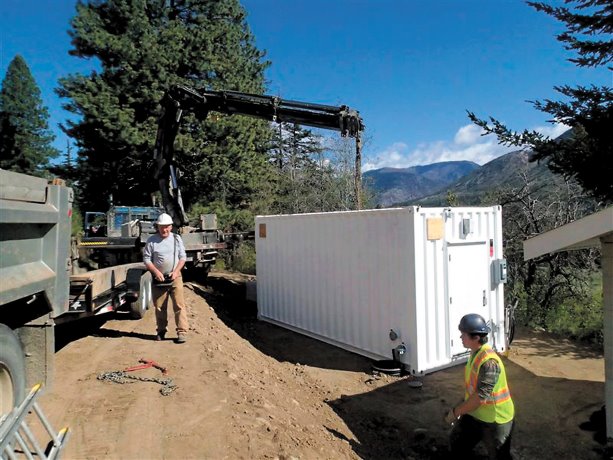
1/2
A community in Lytton First Nation now has safe drinking water because of a modular water treatment solution that was developed and designed at UBC. The treatment components were all incorporated so that they could fit into a sea can.
Photo: RES’EAU-WaterNET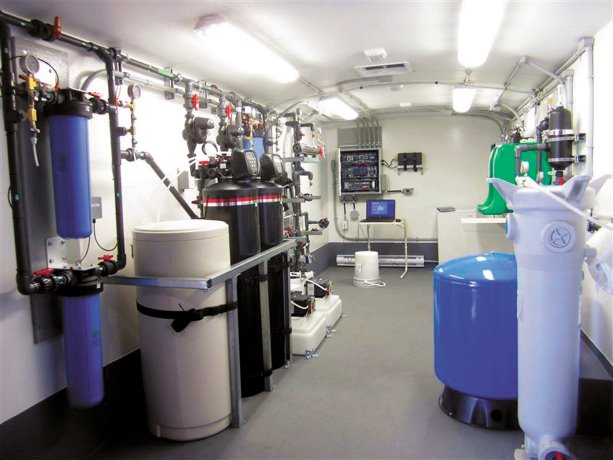


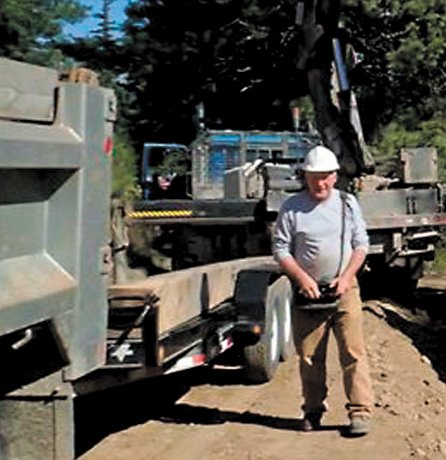
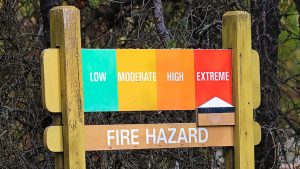
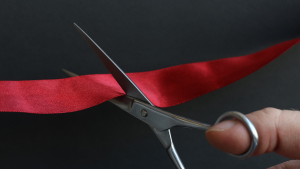
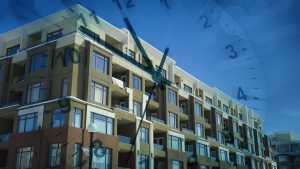
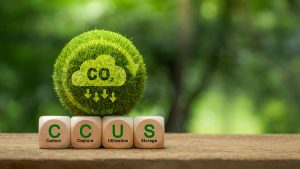




Recent Comments
comments for this post are closed